
Dental implant is a device used in dentistry to support restorations that resemble a tooth or sometimes a group of teeth. These titanium root devices are commonly used to replace missing teeth, and they act similarly to a real tooth root once they are placed within the bone. Dental implants are typically used to support crowns, bridges or even dentures. Dental implants usually look like a titanium screw, which actually resembles a tooth root. However, the surface of this screw is somewhat roughened and smooth. In most of the cases, dental implants are made of commercially pure titanium. The goal is to replace one or more teeth without affecting bordering teeth, to support a bridge or provide support to denture making it more secure and comfortable. However, the main benefit from implants is solid support for your teeth.
Risks of dental implant surgery
Like any other type of surgery, dental implant surgery poses certain risks. In most of the cases, risks include infections at the implant site, injury or some kind of damage to surrounding tissues, nerve damage or even problems with sinuses. Nerve damage can cause pain, numbness or even tingling feeling in patient’s natural teeth, gums or other parts of the oral cavity. Sinus problems typically occur when dental implants are placed in the upper jaw, where they may protrude into one of the sinus cavities.
Dental failure
Dental implant failure typically occurs when the implant fails to osseointegrate correctly. This actually means that a dental implant failure may occur whenever the implant doesn’t establish a direct structural and functional connection with a living bone. In most of the cases, symptoms of dental implant failure will involve redness, inflammation and the puffiness along the gum, at the base of implant. In some cases, bone or cum recession or erosion may also be present. An occurring infection at the spot may also indicate the dental implant has failed. However, similar symptoms may occur when there is an improper contact of the tissues and the crown. The best way to determine what causes the symptoms is to remove the crown for a couple of days and wait to see if the symptoms resolve.
Success rates for dental implants
Dental implant procedures succeed in very high rate of almost 95 percent. However, the success of the procedure depends on operator’s skill, quantity and quality of bone and on patient’s oral hygiene. Other contributing factors include patient’s overall health and agreement with post-surgical care.


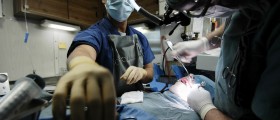
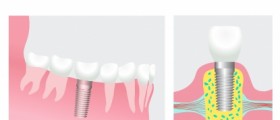


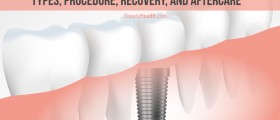

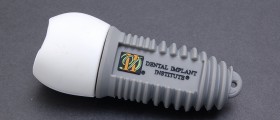

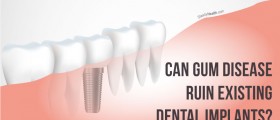

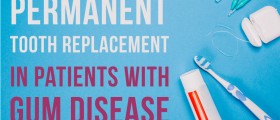

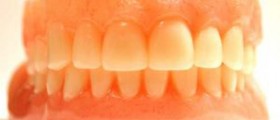


Your thoughts on this
Loading...